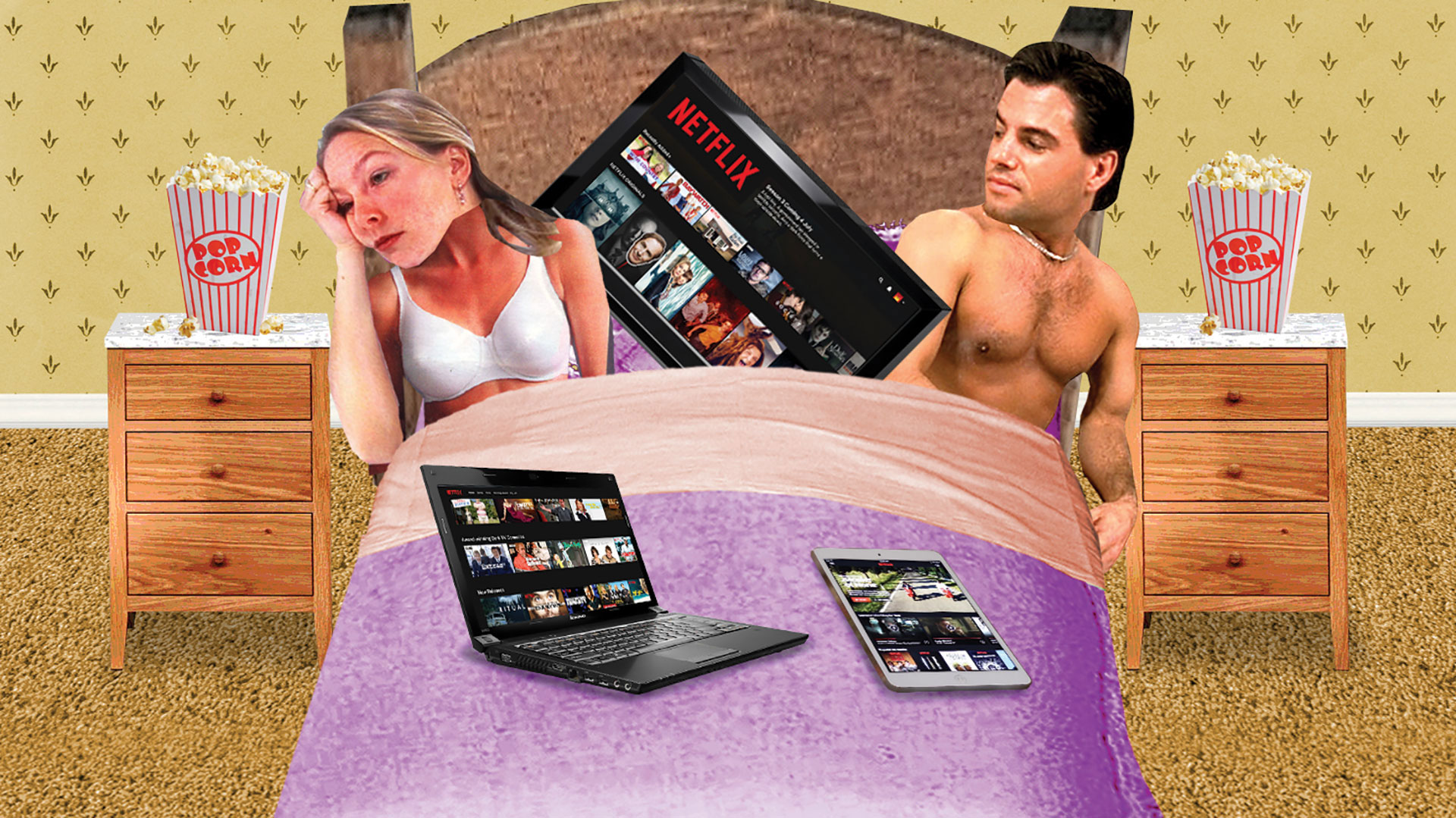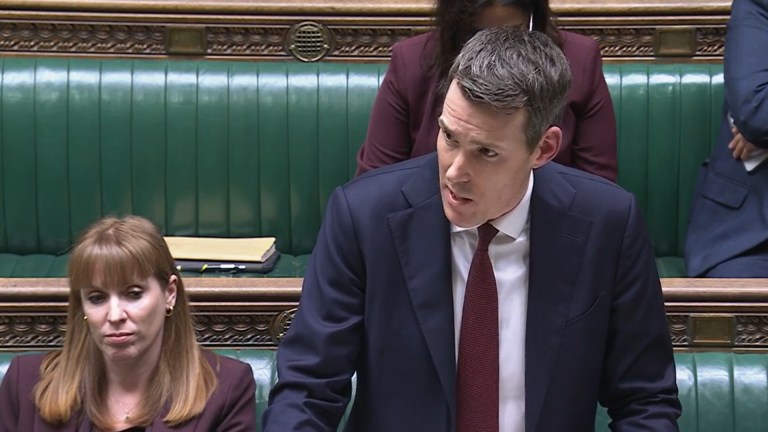How it was told
It’s somewhat ironic that the streaming service that spawned the suggestive **NUDGE, NUDGE, WINK, WINK** meme ‘Netflix and chill’ is so often said to be the cause of plummeting libidos and dwindling sex lives. But here we are.
Firstly, in late March it was The Washington Post, with a study that made its way on to the BBC Three website.
Then, in April it was The Wall Street Journal, which claimed that a steamy night in has been replaced by a visit to the scroll hole.
Enter May and it’s a case of new month, new study. This one had a wide reach – being published in the majority of the UK press, starting with The Sun’s “NO SEX PLEASE. Young Brits are having less sex than a decade ago because they’re too busy watching Netflix, study finds”.
Mirror Online, Mail Online, the Daily Star and Express Online all followed the next day, pointing the finger at Netflix for its impact in the bedroom, while The Daily Telegraph blamed smartphones solely. The story also made waves abroad, with New York Daily News in the US getting in on the act as did news.com.au down under.
Their stories came from a peer-reviewed British Medical Journal study that used survey data from almost 35,000 people aged 16 to 44 and was carried out in 1991, 2001 and 2012.









